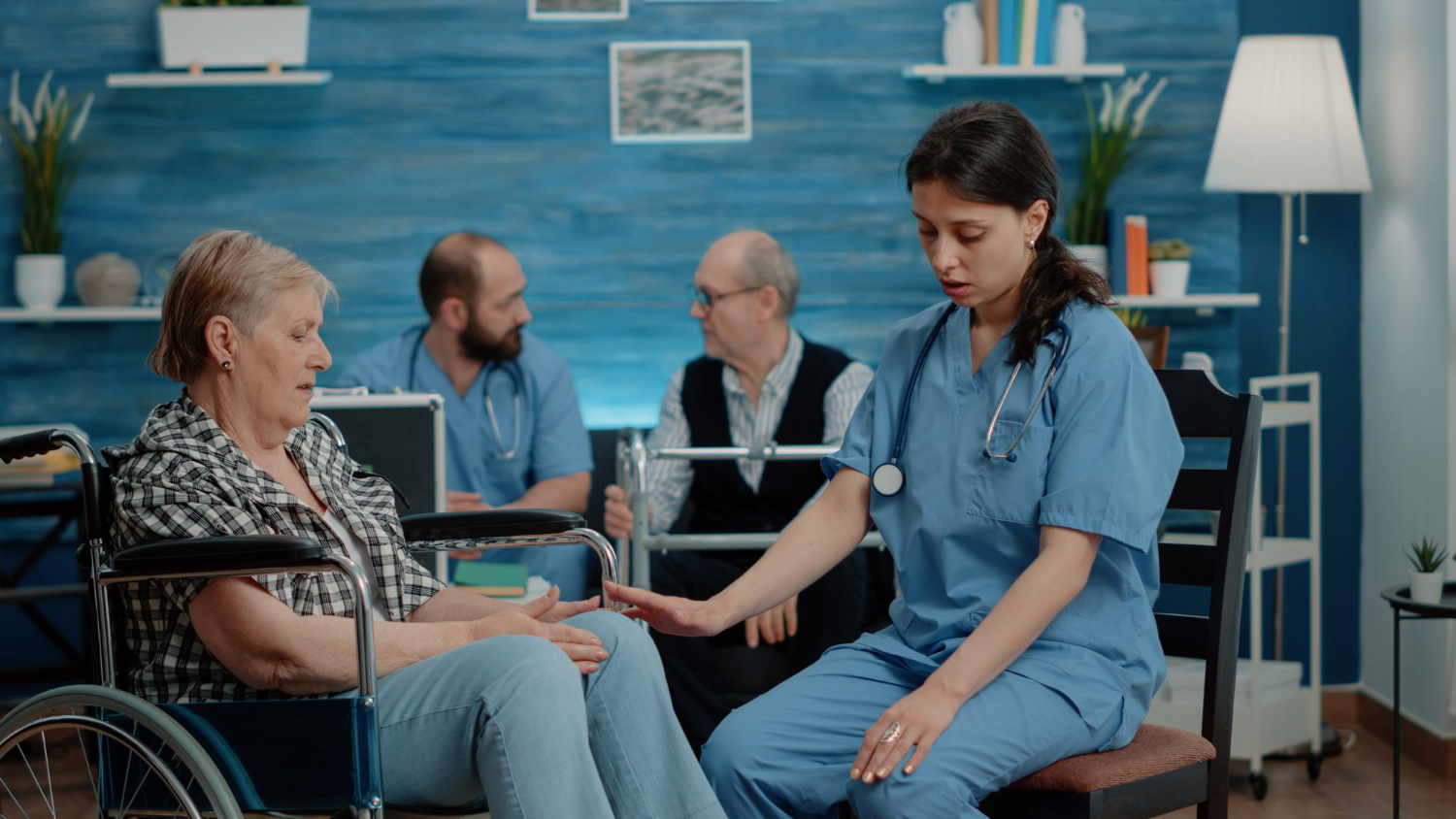Finding quality healthcare options like Newfane drug rehab and outpatient rehabilitation can be confusing for many people. This guide explains what a Comprehensive Outpatient Rehabilitation Facility (CORF) is and how it can help you. We'll cover the services they provide, who can use them, and how they work. You'll also learn about the benefits and costs of these facilities. By the end, you'll understand if a CORF might be right for your needs.
Definition of a CORF
A CORF, or Comprehensive Outpatient Rehabilitation Facility, is a special healthcare center that helps people recover without staying overnight. These facilities provide ongoing therapy for people who need help but don't require 24-hour medical care. CORFs offer a range of services to improve your physical, mental, and emotional health. They work to help patients become more independent and improve their daily lives. The main goal is to help people recover from injuries or illness, manage ongoing health problems, and function better in their everyday activities.
Services Offered at CORFs
CORFs provide a variety of therapy and treatment options. Physical therapy helps people regain movement, strength, and balance after injuries or surgeries. Occupational therapy teaches patients how to perform daily tasks more effectively and become more independent. Speech therapy helps people improve their communication skills and swallowing abilities. Many CORFs also offer special programs for stroke recovery, sports injuries, and chronic pain management. These facilities use a team approach where different specialists work together to help each patient receive the best possible care.
Benefits of Using a CORF
Using a CORF offers several important advantages for your recovery and health:
- Comprehensive Care: CORFs provide a range of services in one location, including physical therapy, occupational therapy, and speech therapy, all under one roof.
- Customized Treatment Plans: CORFs create treatment plans that fit your specific needs, ensuring you receive personalized care that addresses your challenges and goals.
- Convenience and Flexibility: Since these are outpatient services, you can schedule appointments around your daily routine, making it easier to stick with treatment while keeping up with work and family responsibilities.
Eligibility for CORF Services
To use CORF services, you'll need to have an evaluation first. Healthcare professionals will assess your specific needs and decide what level of care is right for you. They'll look at your medical history, current health condition, and recovery goals. This evaluation helps them create a treatment plan that works best for your situation. The assessment ensures you receive the right services and helps predict how well the treatment might work for you.
How CORFS Differ From Other Facilities
CORFs are different from other rehabilitation centers in several important ways. They use a team approach where many specialists work together on your care. This sets them apart because:
- Holistic Care: CORFs treat the whole person, not just the injury, addressing physical, emotional, and social needs.
- Integrated Services: By offering many therapies in one place, CORFs make the rehabilitation process simpler and more organized.
- Personalized Treatment Plans: CORFs create custom care plans that change as you improve and your needs change.
Understanding the Cost of CORF Services
The cost of CORF services depends on several factors, including the types of therapy required, the duration of treatment, and the equipment used. Understanding costs means looking at your insurance coverage, what you'll pay out of pocket, and if there are programs to help with expenses. It's important to talk with the CORF's billing department to understand how payments work, what payment plans are available, and if there are any discounts. Knowing these details helps you make smart decisions about your treatment while managing the financial side effectively.
Other Related Posts:











